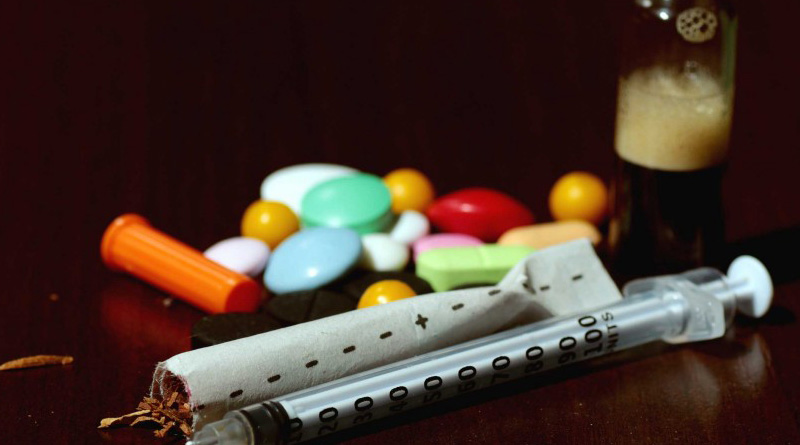Talking to your teen about drugs
Drugs can impact any family, regardless of background. Teenagers are an especially susceptible age group. Use these tips to help you talk to your teen about drugs.
First, let’s have a quick look at why teenagers try drugs:
- Curiosity
The teenage brain is built to be curious and to seek out new and pleasurable experiences. Because of this, teens are more likely to be impulsive, need constant stimulation, and get bored easily.
- Peer pressure
Teens have a strong desire to fit in with their peers. If their friends are doing drugs, they are more likely to try them. The more desire they have to fit in, the more likely they are to try drugs.
- Underdeveloped coping skills
Teenagers have a lot going on in their lives. They have to make many important decisions which will impact their future. There are exams to be written and bullying to deal with. They’re juggling school work, extra-curricular activities, and social lives. All of this while trying to come to terms with their own identities. If teens do not have adequate healthy coping skills, they may turn to drugs to help relieve either the anxiety or the fatigue that all this can bring.
- Depression
Or any other untreated mental health disorder. Because there is still a stigma attached to mental health disorders, many teenagers endure them alone, due to the shame of having to ask for help.
So, as a parent, what can you do?
- Start young
Take advantage of teachable moments from an early age. Understandably, the urge is to avoid or to sugar coat uncomfortable topics, but starting a dialogue at an early age paves the way for open and honest communication as your child gets older. Children will go elsewhere to get the information they’re not getting at home. Stop this before it happens.
- Avoid the ‘big talk’
Hearing words like, ‘we need to talk’ will automatically get anyone’s back up. Rather start the conversation in a way that makes your child actually want to engage in a meaningful discussion. Try to think about it as an ongoing conversation rather than a one-time thing. Use drug-related news stories or TV shows, for example, as an opening to ask your child about their opinions. Try talking side-to-side rather than face-to-face, such as in a car or while washing the dishes. This will help you both to feel more relaxed.
- Listen as well as talk
Make it a two-way discussion. Ask your child’s opinions. Ask what they already know. Teens are bound to have friends that are experimenting with alcohol or drugs, and they may have already started experimenting themselves. You want them to be able to confide in you if this is the case.
- Scare tactics don’t work
Research has proven this. Simply forbidding your child from doing something or giving vague all-encompassing answers such as ‘drugs kill’ will not deter them. These are the rebellious years, remember? What works is giving them facts, concrete evidence, and examples to back up what you say, and letting them make informed decisions.
- Be prepared
Speaking of facts – do your homework. Research the effects of drugs, both physical and emotional, both positive and negative. Make sure you can answer questions with real and true information. Also, be prepared for them to ask about your own experiences with drugs and decide beforehand how you will respond to this.
- Pick the right time
Don’t talk when one or both of you are in a rush. Don’t talk when you’re angry. Don’t talk if you or your child are under the influence, or recovering from the effects, of drugs or alcohol. It will either end in a fight, or it will simply go in one ear and out the other.
- Let them take responsibility
Everyone needs to take responsibility for themselves eventually. Learning how to do this begins by navigating the tricky waters of the teenage years. Giving appropriate advice and showing support, without being a “helicopter” parent, can help them to make better decisions. Be sure to reward them for making positive decisions.
- Set some rules
Letting them take responsibility does not mean giving them complete free reign. Teenagers need rules. Set some up together, making sure that they are clear and your child understands the consequences of breaking them.
- Be a positive role model
Children mimic what they see. Drink alcohol in moderation around your children, and if you are going to do drugs – do not indulge around your children. In fact, if you are suffering from an addiction of your own, then for the sake of your kids, please reach out to someone for help.
In summary, an open and sincere family environment will encourage kids to come to you with worries or questions; and giving your child the facts before they find themselves in a risky situation can help them to make positive decisions.
Natasha Potter
Registered Counsellor | Educator | FacilitatorPhone: +27 (0)76 559 1203Email: hello@letustalk.co.zaWeb: www.letustalk.co.za




